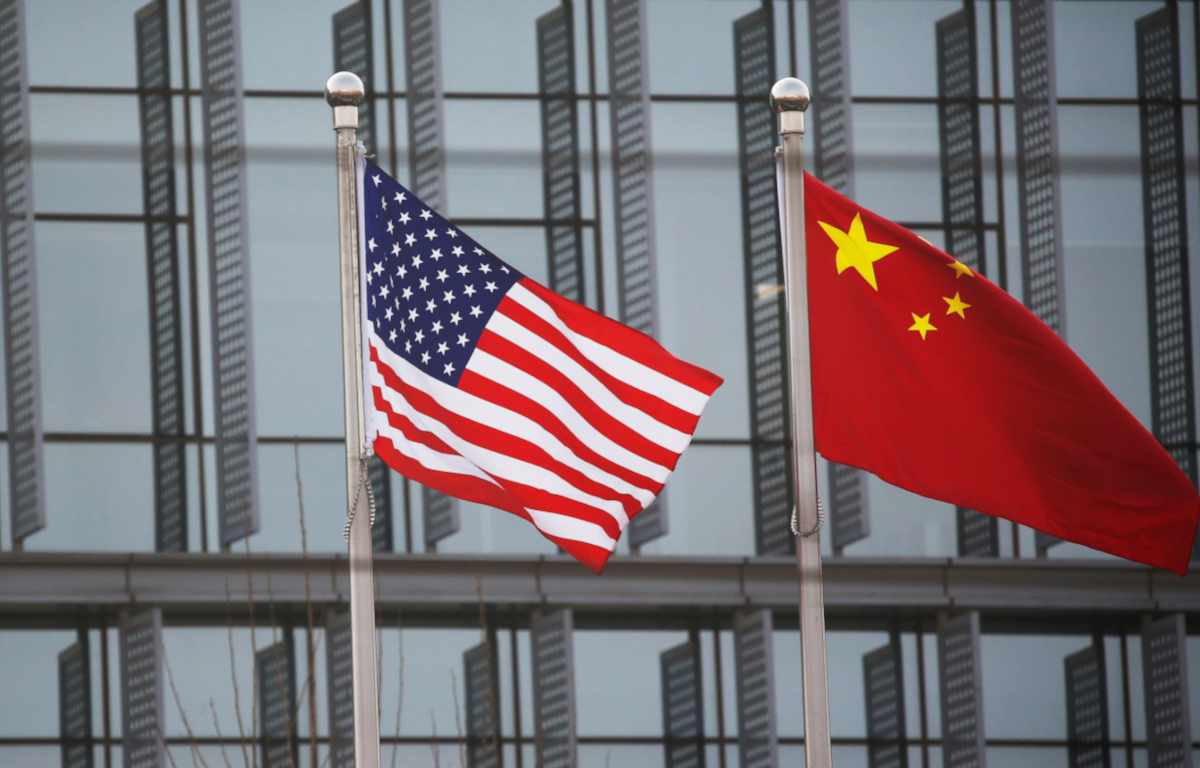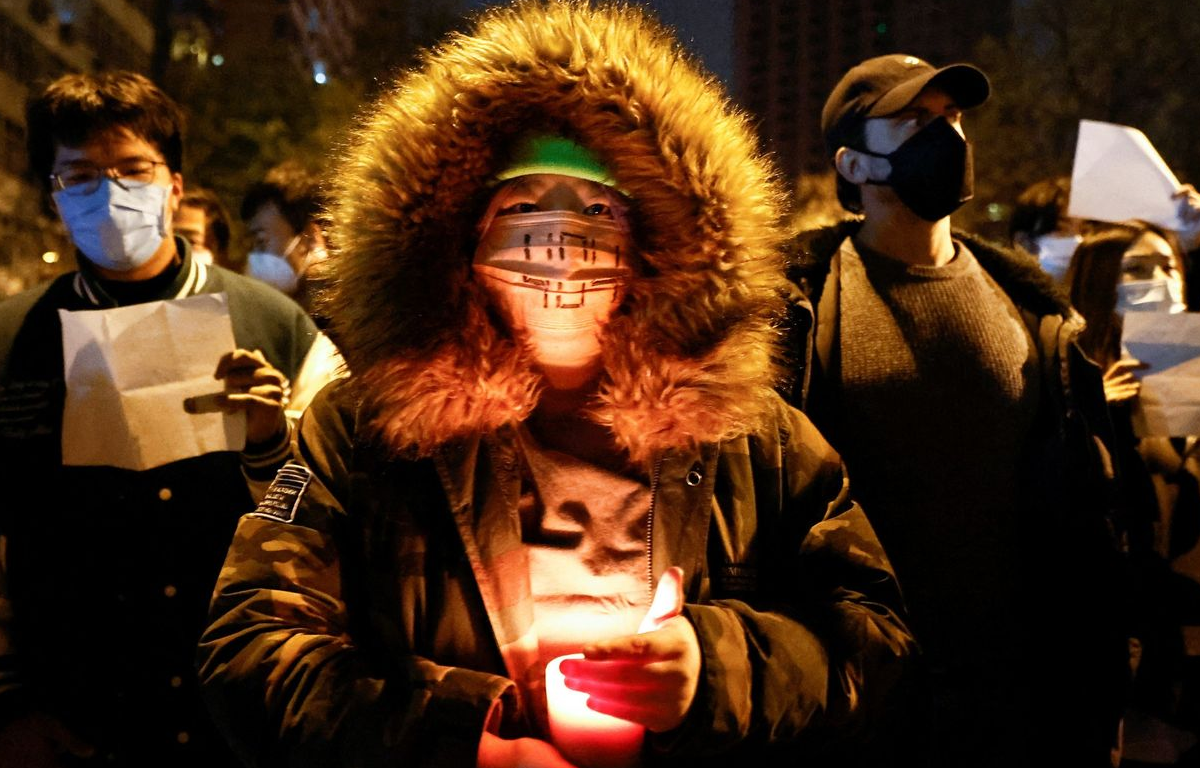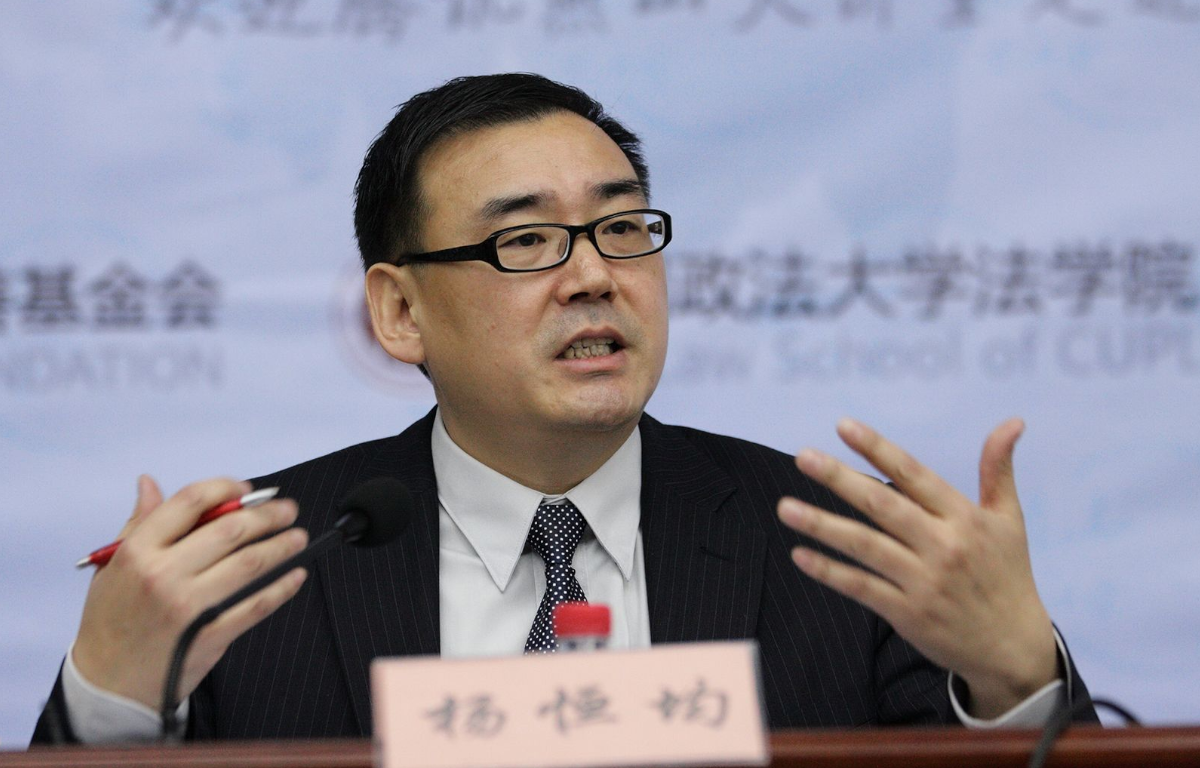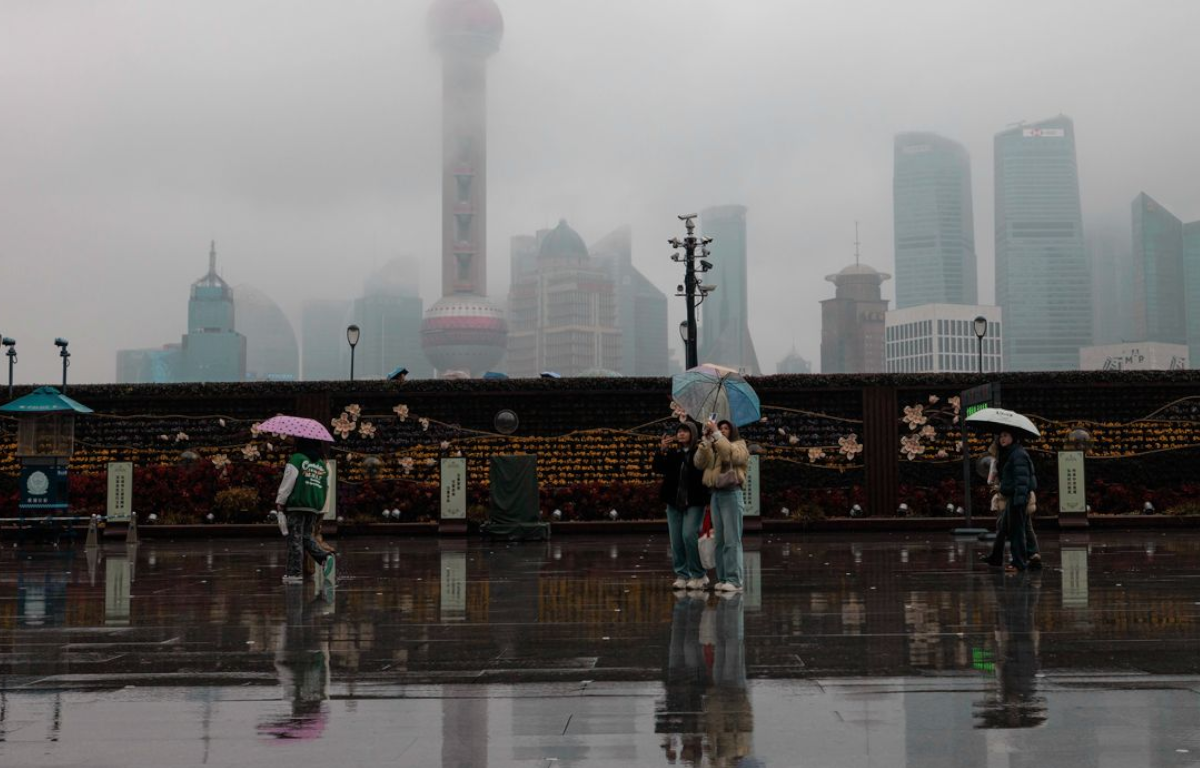
The disappearances of high-ranking Chinese officials and military leaders have been a subject of international intrigue. While the Chinese government has remained tight-lipped about these cases, they have not gone unnoticed. These mysterious events have created an atmosphere of uncertainty within the country’s political and military circles.
Speculation has swirled regarding the reasons behind these disappearances. Some experts suggest they may be tied to President Xi Jinping’s ongoing anti-corruption campaign, while others believe they could be related to internal power struggles or differing ideological stances within the Communist Party. Regardless of the motives, these incidents have put military personnel on edge, as the consequences of associating with the ‘wrong people’ could now be more dire than ever before.
The warning against socializing with the ‘wrong people’ was issued through an internal circular within China’s People’s Liberation Army (PLA). While the specifics of the warning remain undisclosed, it has raised concerns about the potential for purges or political witch hunts within the military. The ambiguity of the term ‘wrong people’ has left military personnel in a state of uncertainty, unsure of what actions or associations could put their careers and lives at risk.
In China, loyalty to the Communist Party and its leaders is paramount. The military, as an extension of the party’s power, is expected to demonstrate unwavering allegiance. This warning reinforces the idea that any hint of disloyalty or association with individuals who may be critical of the party’s leadership could be grounds for severe consequences.
The warning has far-reaching implications for China’s military personnel. It places a significant burden on them to carefully navigate their personal and professional relationships, lest they find themselves labeled as ‘disloyal’ or ‘problematic.’ This climate of suspicion could lead to self-censorship and hesitation to express dissenting opinions, stifling healthy debate and potentially affecting decision-making within the PLA.
The warning also raises concerns on the international stage. China’s military modernization and assertiveness in the South China Sea have been sources of tension in its relationships with neighboring countries and the United States. The internal turmoil within China’s military could exacerbate these concerns. If the PLA becomes preoccupied with internal loyalty tests and purges, it may detract from its operational readiness and its ability to engage in constructive dialogue with other nations.
China’s warning against socializing with the ‘wrong people’ within its military is a reminder of the strict political climate that governs the country. In a nation where loyalty to the Communist Party is paramount, such warnings carry serious implications. The disappearances of prominent leaders and this recent directive serve as stark reminders that political intrigue and power struggles continue to shape the landscape of China’s military and political arenas. As the world watches closely, the consequences of these developments remain uncertain, but they undeniably contribute to the air of uncertainty surrounding China’s future.










Share this: